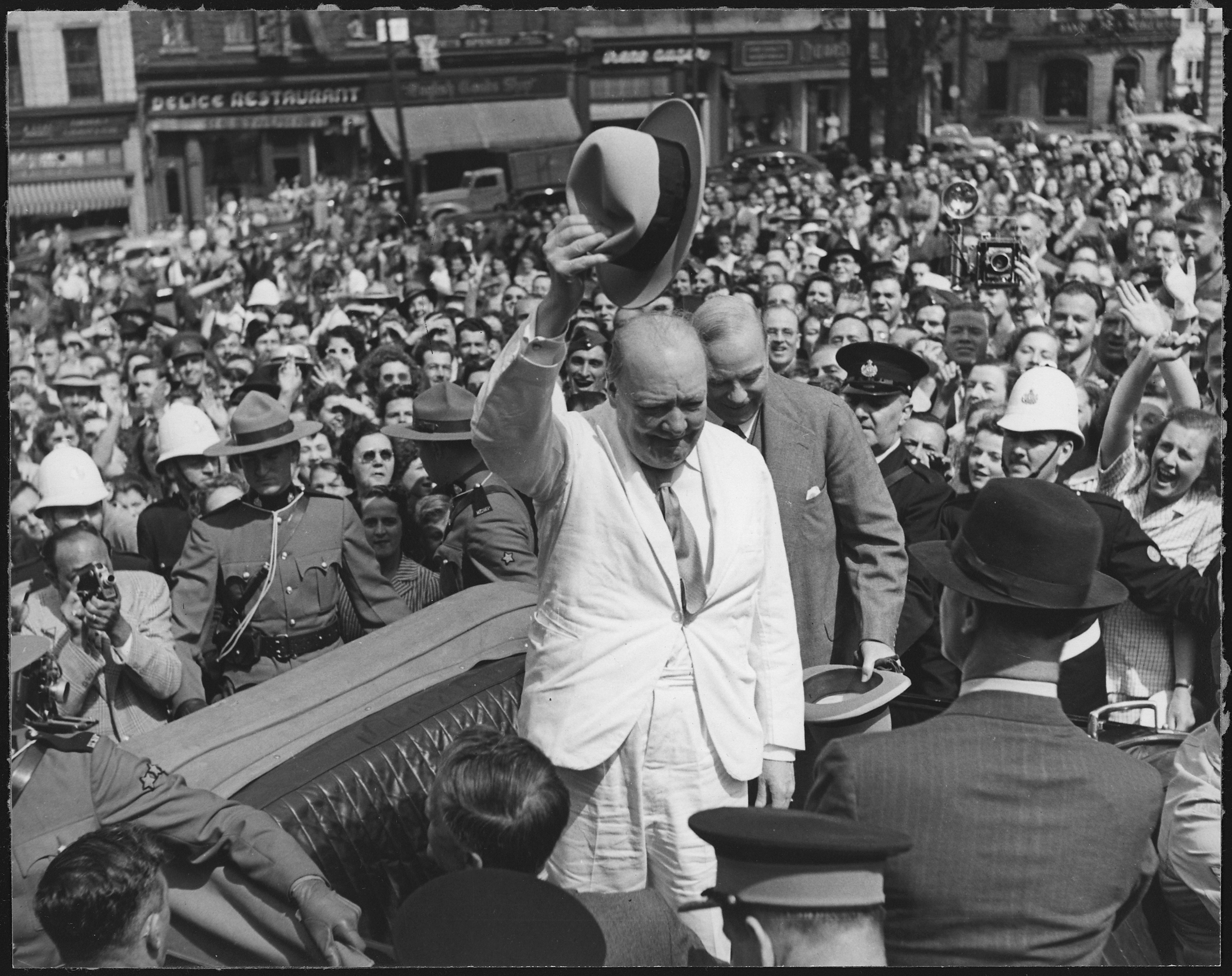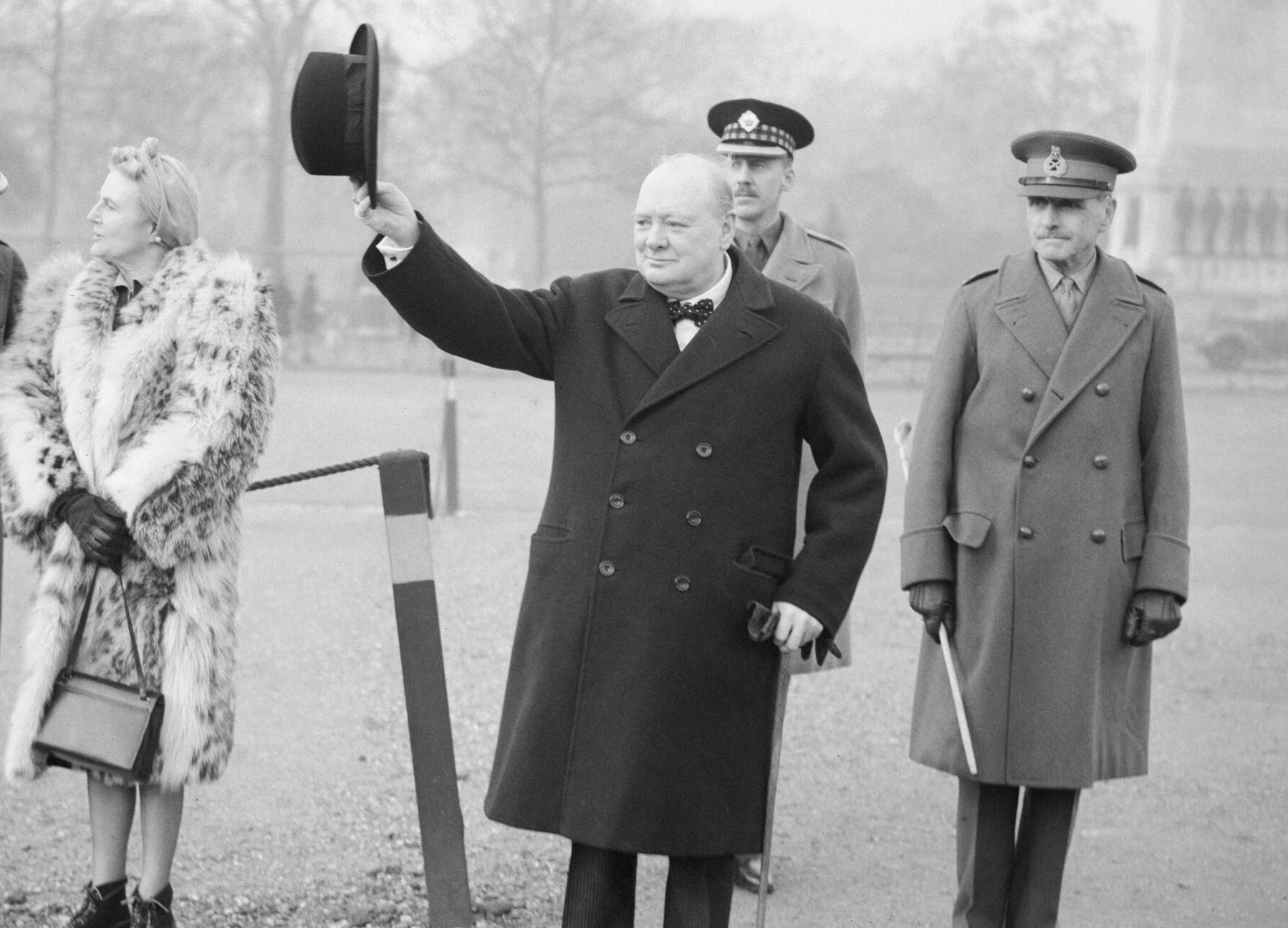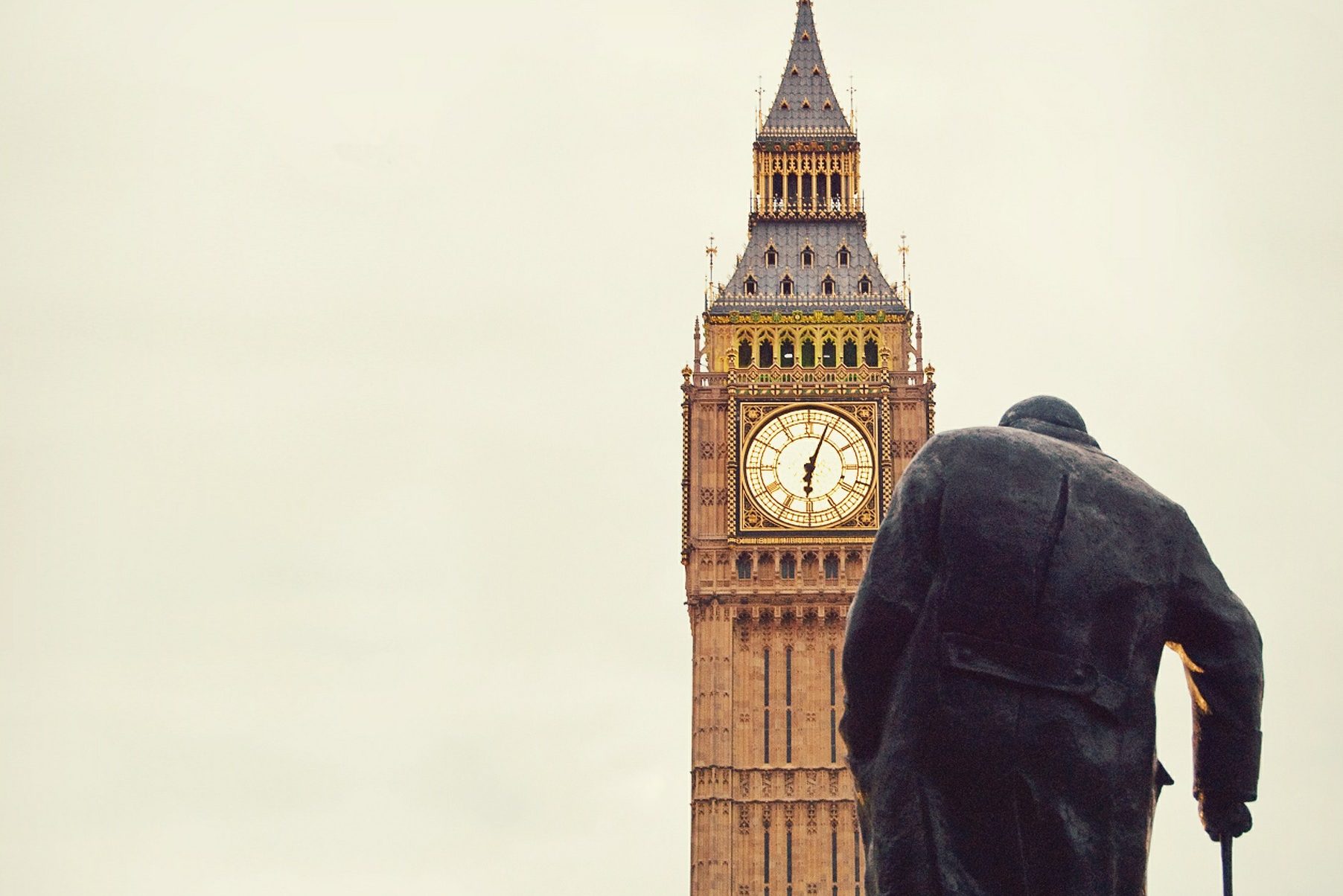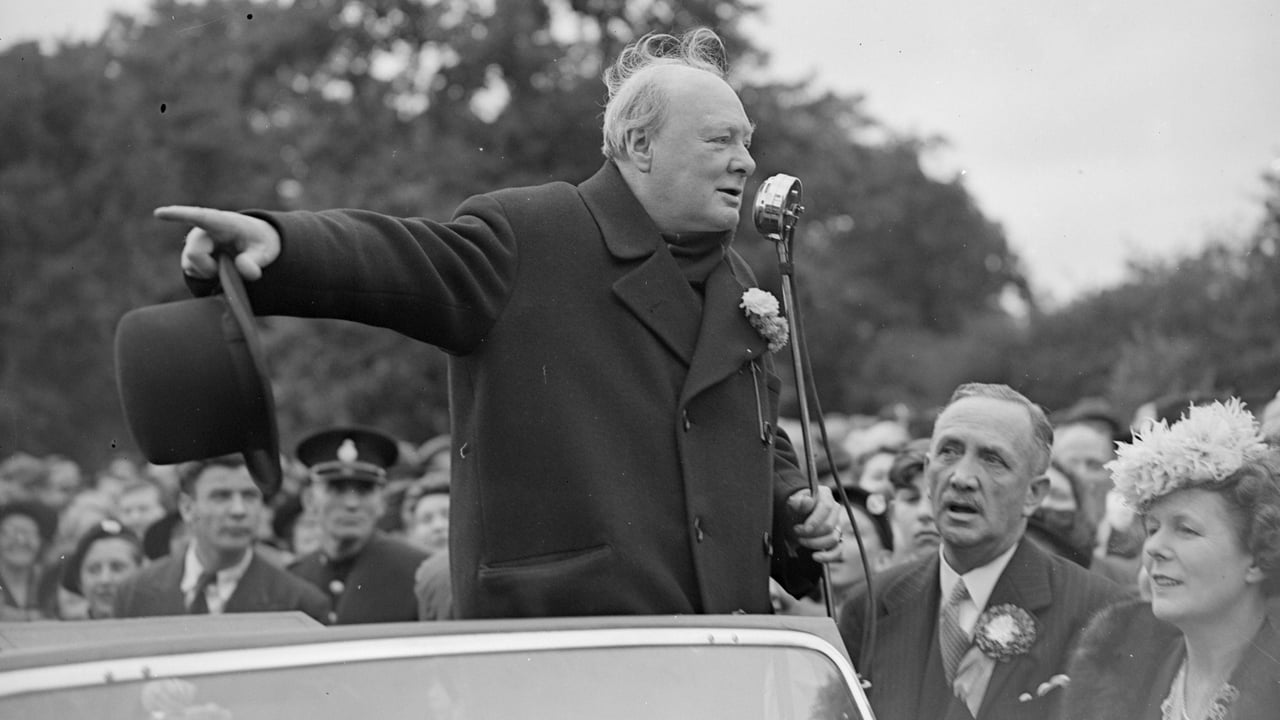He’s considered by many to be the greatest ever Briton and is best known for leading Britain through World War II.
He has drawn criticism from some sources for his record on human rights, but he is also remembered for the significant role he played in the campaign for human rights after the war.
Ahead of the Times
 Image credit: Wikimedia Commons.
Image credit: Wikimedia Commons.
From as early as 1942, Churchill had a vision of a post-war Europe united by common rights and freedoms. He believed that a shared commitment to these principles was necessary to safeguard Europe against the forces of totalitarianism and to prevent the further outbreak of war.
In a speech to the House of Commons after the war had ended, he cautioned:
It is for the life and liberty of the individual, for the fundamental rights of man, now menaced and precarious in so many lands, that peoples tremble.
‘A Charter of Human Rights’
 Image credit: Wikimedia Commons.
Image credit: Wikimedia Commons.
Despite losing the 1945 General Election, Churchill remained an influential figure on the world stage and used this platform to advance the cause of human rights.
He became Chairman of the newly-formed United Europe Movement and presided over the first Congress of Europe in The Hague. In a stirring speech before 700 delegates from across the continent, he declared:
In the centre of our movement stands the idea of a Charter of Human Rights, guarded by freedom and sustained by law.
So began the impetus for a legally-binding declaration of human rights in Europe.
The Human Rights Convention
The European Movement pursued these ideas at its second Congress in Brussels. There, a British-led committee produced the first draft of what would ultimately become the Human Rights Convention.
It contained ten basic rights and freedoms, and proposed the establishment of a regional court with the power to enforce these rights. This laid the foundations for what is now the Human Rights Court.
Among the writers of this first draft was the Scottish politician and lawyer David Maxwell Fyfe, a close political ally of Churchill’s and the Deputy British Prosecutor at the Nuremberg trials. Maxwell Fyfe played a key role in developing the final draft of the Human Rights Convention, which was finally signed in 1951.
A Truly British Legacy
 Image credit: Pixabay.com.
Image credit: Pixabay.com.
Churchill said during the height of the war effort in 1940:
The right to guide the course of world history is the noblest prize of victory.
For him, Maxwell Fyfe, and countless others, this meant steering the world away from war and chaos, and towards peace, dignity and human rights.
What could be more British than that?







